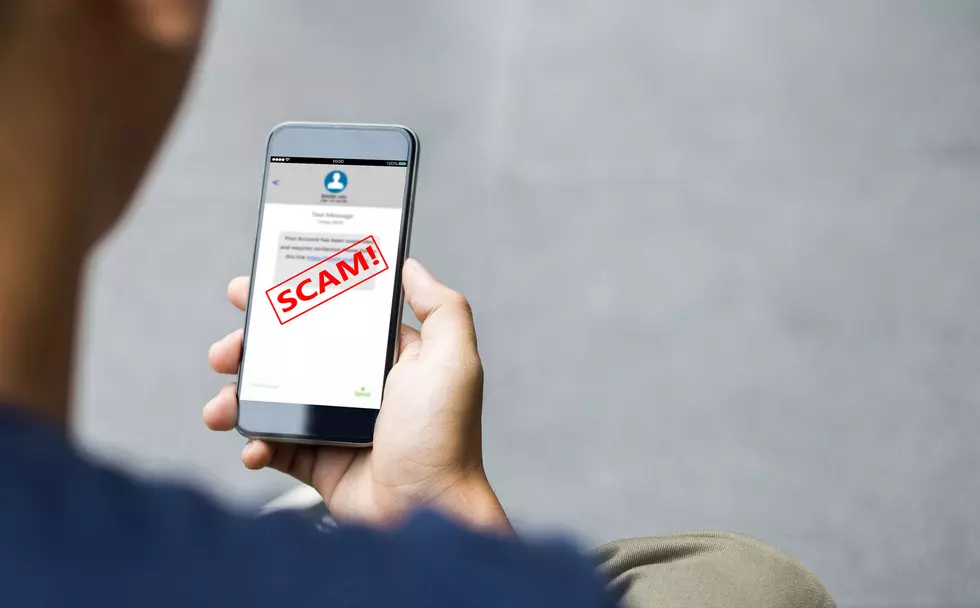
Text Scams Are Real: Be Smart And Don’t Tap That Link. Delete it!
I don't know about you, but I am getting pretty tired of constantly getting calls from the "Student Services Department" promising that if I call them, they will tell me all about my eligibility to have my student loans forgiven. These calls are constant and very annoying... however, another type of scam is less invasive and can be very sneaky.
I'm talking about "Text" scams. How easy it would be to tap that link when it shows up in a text message. I have to admit, I am curious about that little blue link. Where will it take me? Will it lock up my phone? Maybe it's legit? Hmmm. None of these thoughts however get me to take the leap and tap the link. And you shouldn't either!
I don't claim to be an expert, and I certainly don't expect that you take my word as gospel. I do encourage you however to do some research before you do tap that link. Although, as tempting as it may seem to get $600 for driving around town with someone's "small" ad on your car, I still think hitting delete is the best option.

Here are some tips directly from the Better Business Bureau on how how to detect and avoid these menacing text scams:
- Treat messages from unknown senders with caution. If you receive a message from a number you don’t recognize, be careful. Many companies engage in SMS marketing, but keep in mind that consumers must opt-in to receive messages. If you haven’t given a company permission to text you, it’s probably a scam.
- Don’t click on links from strangers. Scammers often send shortened links that don’t let you see where it leads in the body of their text message. If you click the link, you could be directed to a dangerous website, or you could download malware onto your device.
- Confirm deals directly with the company before you accept. If you are hoping the deal is legitimate, go to the company’s official website to send an email, or call to inquire. The company can let you know if the deal is real or not.
- Install antivirus software on your computer and mobile devices. This kind of scam can come from text messages or emails, so make sure all your electronics are protected. Antivirus software can scan for malware and alert you before you open a malicious website link.
- Alert the company. It will help to fight the problem. AT&T and Verizon are asking consumers to forward suspicious messages to 7726 (SPAM).
The old adage is true. If it sounds (or looks in this case) too good to be true... then it probably is too good to be true!
More From WBEC AM









